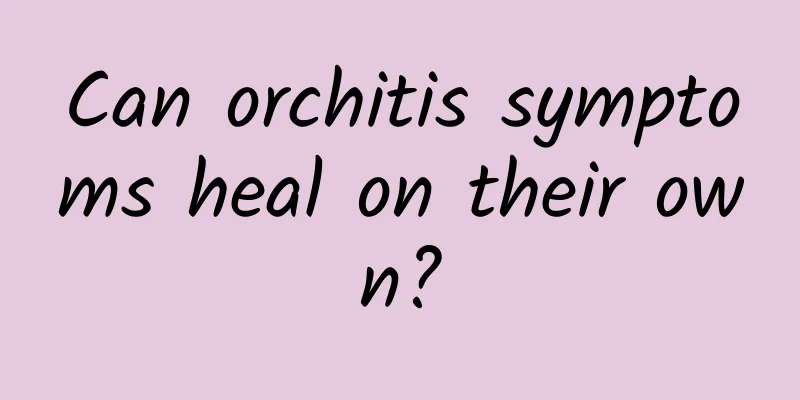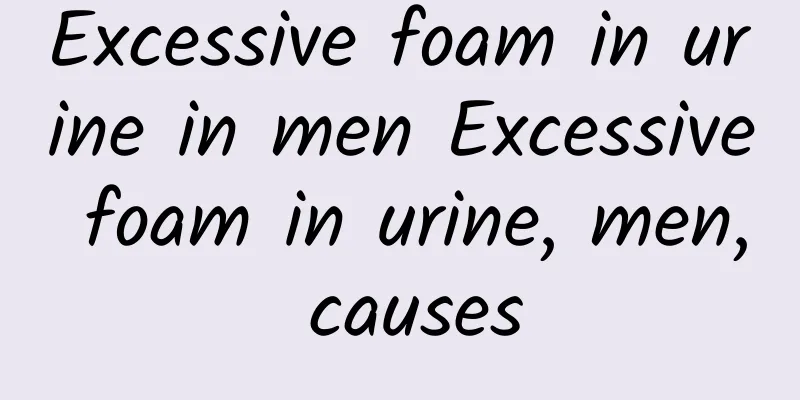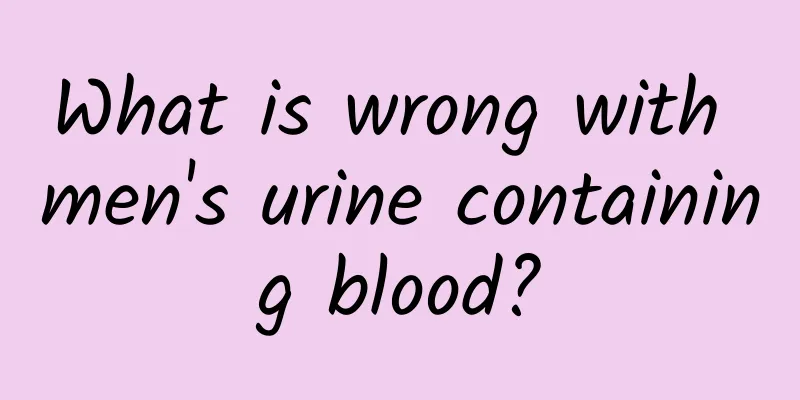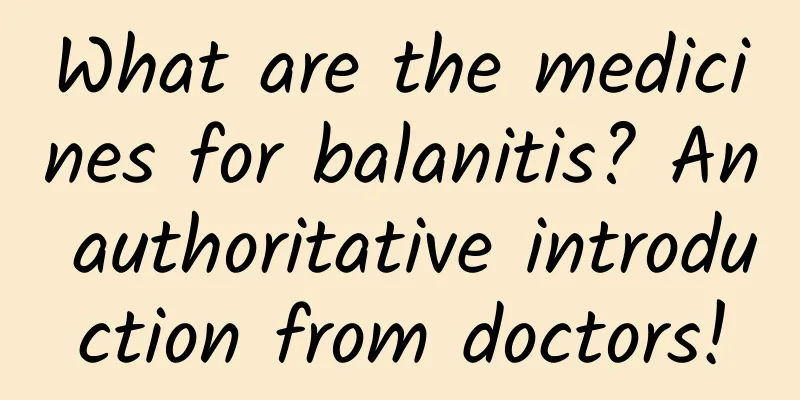Can orchitis symptoms heal on their own?

|
Orchitis cannot heal itself after it occurs. People should find appropriate medicines for treatment in the early stages of the disease. If the patient has a mild case, he does not need to be treated with oral medications, because many oral medications will cause more or less harm to the body. Instead, he should take external medications, such as some antibiotic ointments, which can have an anti-inflammatory and analgesic effect. 1. Bacterial orchitis Rest in bed, lift the scrotum, and apply local hot compress. If the scrotal skin is obviously swollen, apply 50% magnesium sulfate solution for hot compress to help the inflammation subside. If the pain is severe and the painkillers are not effective, the spermatic cord on the affected side can be closed. Systemic medication should be broad-spectrum or Gram-negative antibiotics, such as penicillin, gentamicin, and various cephalosporins. 2. Chronic nonspecific orchitis Bilateral chronic orchitis can often cause infertility. Treatment is mainly aimed at the cause of chronic orchitis. 3. Mumps orchitis (1) Antibiotics are ineffective for this disease, so symptomatic treatment is the main approach. (2) The use of adrenocortical hormones has a clear therapeutic effect on patients in the recovery stage. (3) 1% lidocaine low spermatic cord closure can improve testicular blood flow and protect spermatogenesis. (4) In addition to being effective in treating acute mumps orchitis, interferon also has a significant effect in preventing testicular atrophy. 4. Treatment of testicular pain Symptomatic treatment should be carried out on the basis of determining the cause. If the cause cannot be found for the time being, symptomatic treatment such as sedation and analgesia can be used. If necessary, spermatic cord procaine closure therapy can be used. 1. Chronic nonspecific orchitis Chronic orchitis is mostly caused by incomplete treatment of non-specific acute orchitis. It can also be caused by fungal, spirochetal, or parasitic infections, such as testicular syphilis. Patients with previous testicular trauma may develop granulomatous orchitis. Local or whole-body radioactive isotope phosphorus irradiation of the testicles can also cause orchitis and damage the testicular tissue. 2. Acute nonspecific orchitis Acute non-specific orchitis often occurs in patients with urethritis, cystitis, prostatitis, after prostatectomy and with long-term indwelling catheters. The infection spreads to the epididymis through the lymph or vas deferens, causing epididymal orchitis. Common pathogens are E. coli, Proteus, Staphylococcus and Pseudomonas aeruginosa. Bacteria can spread to the testicles through the bloodstream, causing simple orchitis. However, the testicles have rich blood supply and strong resistance to infection, so this situation is relatively rare. 3. Acute mumps orchitis Mumps is the most common cause of orchitis. About 20% of mumps patients have orchitis, which is more common in late adolescence. The testicles are highly enlarged and purple-blue in color. |
<<: What medicine is good for yellow pus discharge from the glans penis
>>: What organ is on the left lower back of a man?
Recommend
Varicose cord three degrees
Varicose vein varicocele is a common vascular dis...
Does prostatitis affect sperm quality?
Prostatitis is a common disease. Many male friend...
What can scrotal ultrasound detect?
Testicular color ultrasound can check the shape o...
What causes hot soles of men's feet?
Many men have hot soles. There are many reasons f...
Is long-term masturbation a sign of kidney yin deficiency or yang deficiency?
Masturbation is a very bad habit. Excessive mastu...
Can the glans penis be disinfected with iodine?
Having glansitis is very painful, because glansit...
Male lower body after sex change
Nowadays, sex reassignment surgery is no longer n...
The causes of nosebleeds during bathing and the solutions
In life, people often face many unexpected proble...
Can men not do heavy work after vasectomy?
In real life, sterilization is a relatively safe ...
What are the benefits of eating peanuts for men?
Peanuts have always been very popular among peopl...
What are the dangers of prostate pain? It makes men suffer a lot.
Suffering from prostatitis will make men very pai...
Can men with acidic constitution give birth to boys?
There is a secret to having a son on the Internet...
Is it easy to cure weak ejaculation?
Ejaculation is a normal physiological phenomenon ...
Why do you ejaculate every day? Andrology experts tell you the answer
In most cases, it is normal for men to have sperm...
Is chronic prostatitis serious?
Men suffering from chronic prostatitis will exper...









